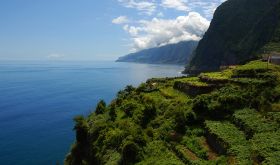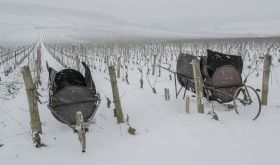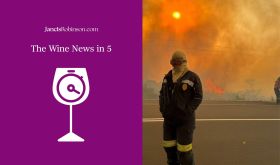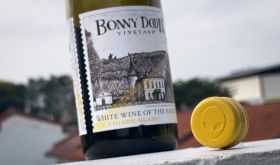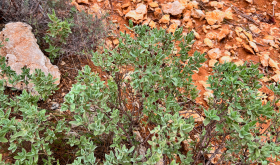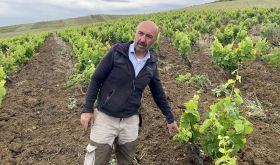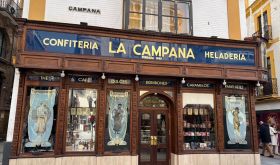On Monday 5 September, 13 MW students heard that their Research Papers had passed muster, and that they were therefore finally crowned Masters of Wine. This was only the second batch of students who had to submit Research Papers, which replaced the dissertation as the final part of the examination process.
The principle behind both pieces of work is similar: an original research project of up to 10,000 words on a wine-related subject chosen by the candidate. You can read my own account of my experience of the journey in my Diary of an MW Student as well as in this article, which was based on my research (a close-up of which is pictured above). The ethos of the new Research Paper (RP) is much more liberal and collegiate than the dissertation was. Furthermore, those that pass are now being made available to the public (with the exception of some which must remain private for reasons of commercial sensitivity).
There are now 32 RPs listed on the Institute's website that can be accessed freely. Since they are full of research that is potentially very valuable, interested parties must pledge not to disseminate or publish the work – and for that reason the papers cannot be directly downloaded. However, completing a simple request form will provide access.
All sorts of subjects have been covered in the first two years of RPs, including (in my own paraphrasing):
- Whether it is more profitable to produce cru or generic Barolo – and why
- Whether St-Aubin is qualitatively distinguishable from Puligny-Montrachet or Chassagne-Montrachet
- Is the Barossa Valley getting hotter, and which does that imply for what varieties are planted there?
- Does champagne taste better out of different glasses?
There are many other even more specific subjects, too.
Not only do all these papers deserve greater exposure as a credit to the effort that goes into them, they are a hugely valuable resource for anyone with a strong interest in wine. Even better, their availability signals the Institute's intention to be more open and collaborative – something for which they were perhaps not always renowned.




